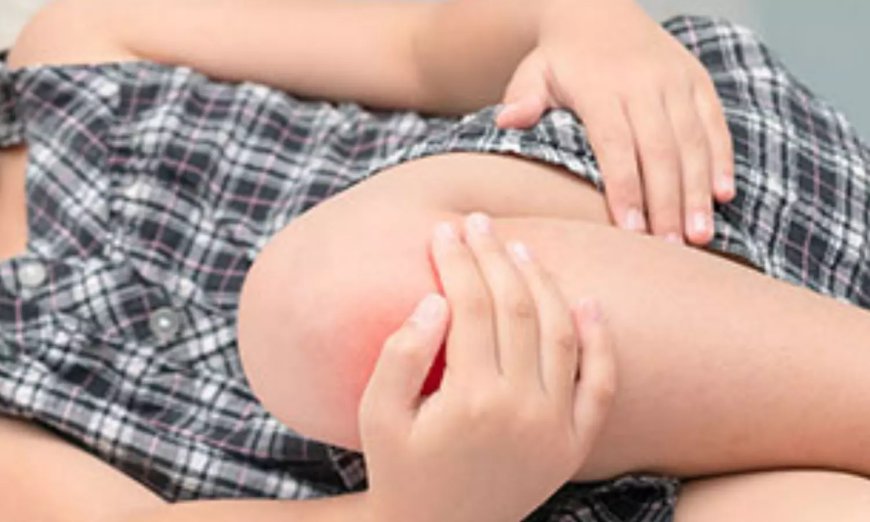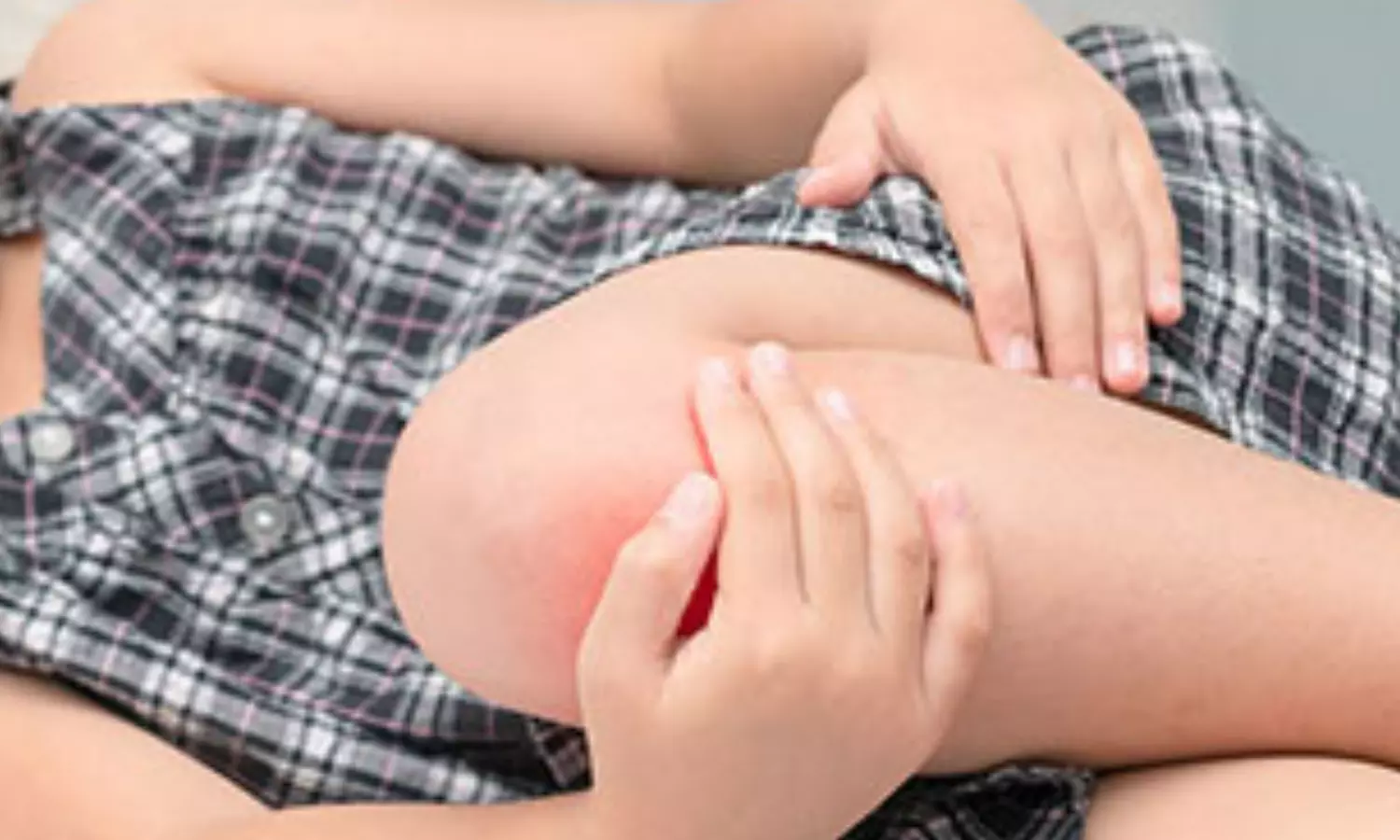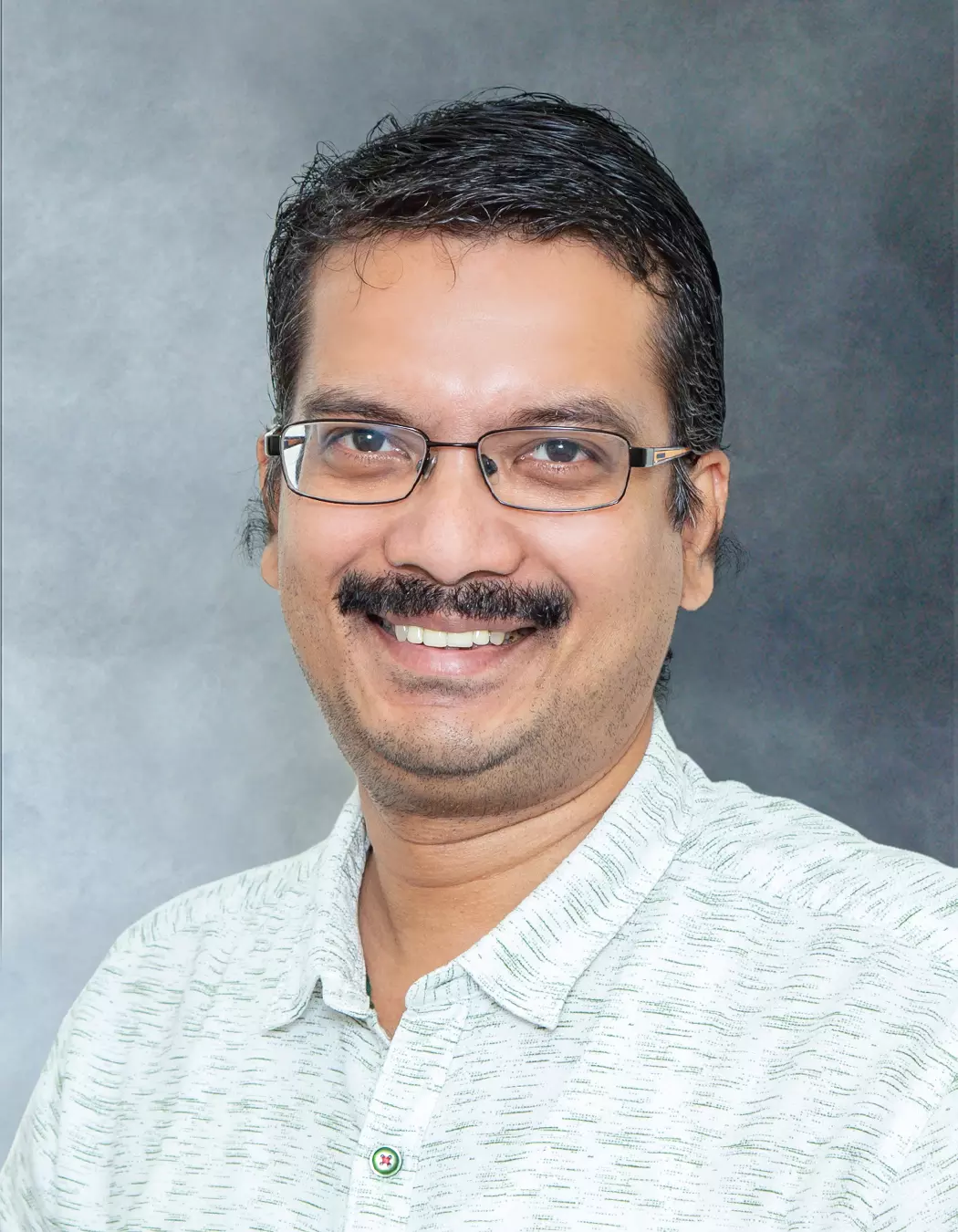Inflammation in Children: Causes, Symptoms, and Prevention
Inflammation is a natural process in the body that helps fight off infections and heal injuries. However, when inflammation becomes chronic, it can lead to detrimental effects on the body. Dr. Rajeev Santhosh, Consultant Neonatologist at Fernandez Hospital, Hyderabad, sheds light on the causes, symptoms, and prevention of inflammation in children. According to Dr. Santhosh, inflammation is a protective process that helps the body fight off bacteria and viruses. However, when the inflammatory cascade keeps recurring, it can damage the normal organs of the body. “Bacteria and viruses are not the only things which can stimulate, other things like environmental factors, genetic factors, and pollutants and a lot of other things can also trigger these immune systems,” he explains. Dr. Santhosh divides inflammation into two types—acute and chronic. Acute inflammation is immediate and protects the body, whereas chronic inflammation persists even after the infection has been controlled. “It’s like a fire alarm. So, whenever there’s a fire the fireman comes, douses the fire and then it should go back to normal, but in chronic inflammation even in the absence of a fire, there is the inflammatory casket which keeps on happening in the body and this affects the normal organs of the body,” he says. The causes of inflammation in children are multifactorial. Dr. Santhosh lists epigenetic factors, genetic factors, environmental factors, diet, obesity, infections, and allergic reactions as potential causes. “Diets which are high in trans fats, processed food, salt, and sugar have also been shown to be increasing these factors,” he notes. Symptoms of inflammation in children can be subtle. Dr. Santhosh mentions fever, chronic fatigue, joint pains, abdominal pain, vomiting, and rash as potential signs. “In an acute infection, it is obvious that they will definitely have fever, there will be redness, swelling, but in a chronic inflammation, it will be more of a silent thing which is lurking underneath,” he warns. The Neonatologist also discusses multisystem inflammatory syndrome (MIS-C), a serious condition associated with COVID-19. “This has a lot of factors playing into it. The primary thing is these children are exposed to the COVID virus. So, whenever the child is exposed to COVID virus what happens is they develop this inflammatory syndrome in the body after three to four weeks, which starts off with fever, rash, and abdominal pain, diarrhea, and vomiting,” he explains. Treatment for inflammation in children depends on the severity of the condition. Dr. Santhosh mentions ICU admission, IV fluids, inotropic support, IV antibiotics, and corticosteroids as potential treatments. “Newer drugs which are monoclonal antibodies are also given so that the inflammatory cascade can be arrested and the child can recover over a period of time,” he says. Prevention is key when it comes to chronic inflammation in children. Dr. Santhosh stresses the importance of a healthy lifestyle, stress-free environment, and good antenatal care. “Postnatally, once the baby is delivered, we should see that they get breast milk, a good amount of breast milk—it has been shown to be protective against chronic inflammatory disorders,” he advises. Other preventive measures include adequate sleep, limited screen time, exposure to sunlight, and a balanced diet. Dr. Santhosh also emphasizes the importance of getting dirty and playing contact sports. “Research has shown that there is something called the hygiene hypothesis. The cleaner you are, the sterile environment you live in, the higher chance of you developing chronic disorders like auto-inflammatory, autoimmune disorders,” he notes. Dr. Rajeev Santhosh, Consultant Neonatologist at Fernandez Hospital In conclusion, inflammation in children is a complex condition that requires a comprehensive approach. By understanding the causes, symptoms, and prevention strategies, parents and caregivers can help reduce the risk of chronic inflammation in children.


Inflammation is a natural process in the body that helps fight off infections and heal injuries. However, when inflammation becomes chronic, it can lead to detrimental effects on the body. Dr. Rajeev Santhosh, Consultant Neonatologist at Fernandez Hospital, Hyderabad, sheds light on the causes, symptoms, and prevention of inflammation in children.
According to Dr. Santhosh, inflammation is a protective process that helps the body fight off bacteria and viruses. However, when the inflammatory cascade keeps recurring, it can damage the normal organs of the body. “Bacteria and viruses are not the only things which can stimulate, other things like environmental factors, genetic factors, and pollutants and a lot of other things can also trigger these immune systems,” he explains.
Dr. Santhosh divides inflammation into two types—acute and chronic. Acute inflammation is immediate and protects the body, whereas chronic inflammation persists even after the infection has been controlled. “It’s like a fire alarm. So, whenever there’s a fire the fireman comes, douses the fire and then it should go back to normal, but in chronic inflammation even in the absence of a fire, there is the inflammatory casket which keeps on happening in the body and this affects the normal organs of the body,” he says.
The causes of inflammation in children are multifactorial. Dr. Santhosh lists epigenetic factors, genetic factors, environmental factors, diet, obesity, infections, and allergic reactions as potential causes. “Diets which are high in trans fats, processed food, salt, and sugar have also been shown to be increasing these factors,” he notes.
Symptoms of inflammation in children can be subtle. Dr. Santhosh mentions fever, chronic fatigue, joint pains, abdominal pain, vomiting, and rash as potential signs. “In an acute infection, it is obvious that they will definitely have fever, there will be redness, swelling, but in a chronic inflammation, it will be more of a silent thing which is lurking underneath,” he warns.
The Neonatologist also discusses multisystem inflammatory syndrome (MIS-C), a serious condition associated with COVID-19. “This has a lot of factors playing into it. The primary thing is these children are exposed to the COVID virus. So, whenever the child is exposed to COVID virus what happens is they develop this inflammatory syndrome in the body after three to four weeks, which starts off with fever, rash, and abdominal pain, diarrhea, and vomiting,” he explains.
Treatment for inflammation in children depends on the severity of the condition. Dr. Santhosh mentions ICU admission, IV fluids, inotropic support, IV antibiotics, and corticosteroids as potential treatments. “Newer drugs which are monoclonal antibodies are also given so that the inflammatory cascade can be arrested and the child can recover over a period of time,” he says.
Prevention is key when it comes to chronic inflammation in children. Dr. Santhosh stresses the importance of a healthy lifestyle, stress-free environment, and good antenatal care. “Postnatally, once the baby is delivered, we should see that they get breast milk, a good amount of breast milk—it has been shown to be protective against chronic inflammatory disorders,” he advises.
Other preventive measures include adequate sleep, limited screen time, exposure to sunlight, and a balanced diet. Dr. Santhosh also emphasizes the importance of getting dirty and playing contact sports. “Research has shown that there is something called the hygiene hypothesis. The cleaner you are, the sterile environment you live in, the higher chance of you developing chronic disorders like auto-inflammatory, autoimmune disorders,” he notes.

Dr. Rajeev Santhosh, Consultant Neonatologist at Fernandez Hospital
In conclusion, inflammation in children is a complex condition that requires a comprehensive approach. By understanding the causes, symptoms, and prevention strategies, parents and caregivers can help reduce the risk of chronic inflammation in children.






































